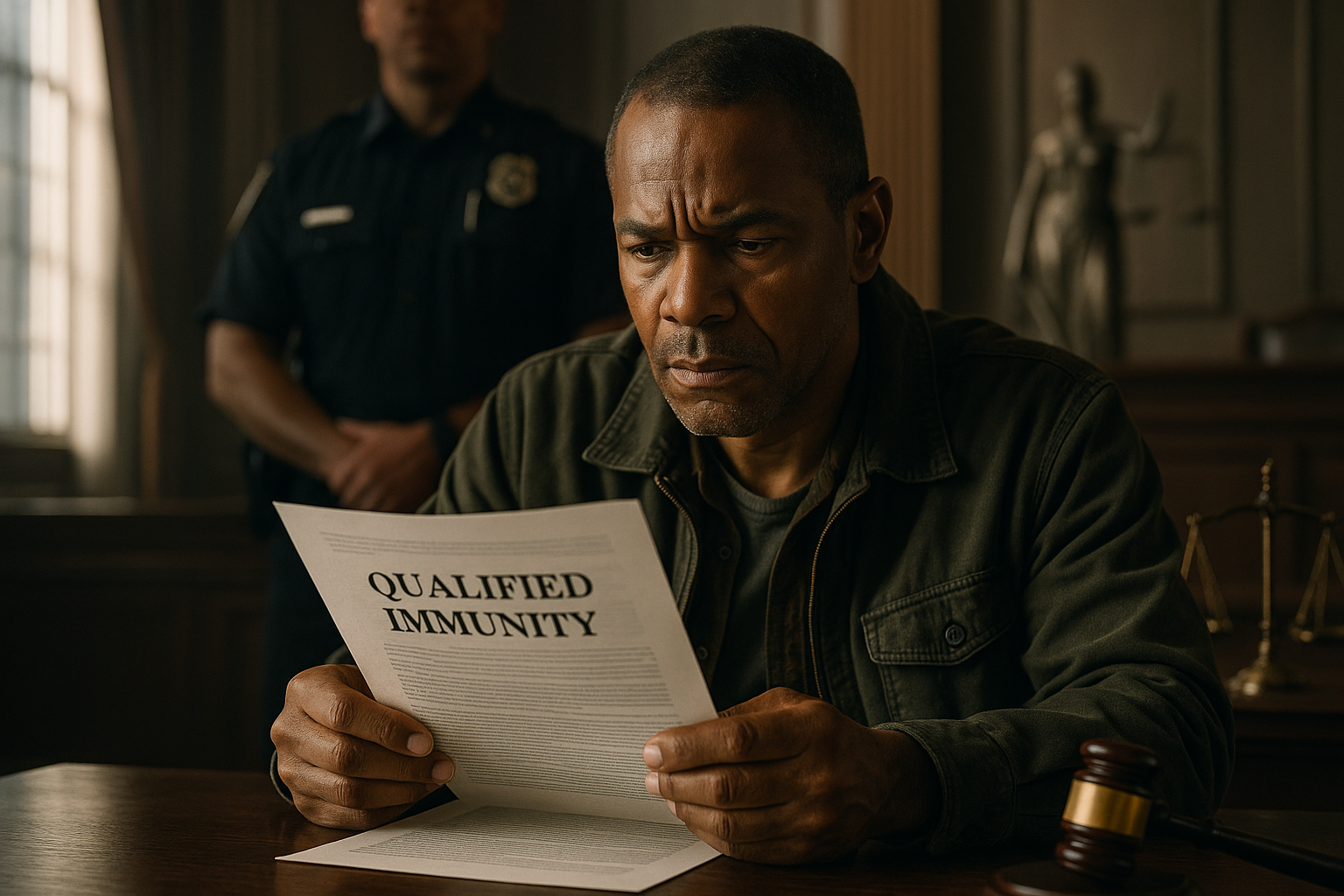Decoding the Doctrine of Qualified Immunity
The doctrine of qualified immunity is a legal principle that has garnered significant attention in recent years. This doctrine shields government officials from being held personally liable for discretionary actions performed within their official capacity. This article delves into the historical background of this doctrine, current legal updates, and its implications in the society we live in today.

Historical Background of Qualified Immunity
Qualified immunity was first introduced by the Supreme Court in the 1967 case of Pierson v. Ray, as a means to protect law enforcement officials from frivolous lawsuits and allow some “breathing room” for police mistakes. However, over the years, the doctrine has evolved into a nearly insurmountable obstacle for victims of police misconduct seeking justice.
Current Legal Updates on Qualified Immunity
In recent years, the doctrine of qualified immunity has come under increasing scrutiny, particularly in the wake of high-profile cases of police brutality. Critics argue that it has become a virtually impenetrable shield for law enforcement officers, even when their actions violate clearly established constitutional rights. However, the Supreme Court has consistently upheld the doctrine, emphasizing the need to protect public servants from constant threats of litigation.
Implications and Impact of Qualified Immunity
Qualified immunity has broad implications for society, particularly in terms of police accountability. On one hand, it protects public servants from the threat of constant litigation, which could potentially hinder their ability to perform their duties effectively. On the other hand, it can make it nearly impossible for victims of police misconduct to receive justice, as officers are often shielded from personal liability even in cases of serious rights violations.
Legal Facts and Research on Qualified Immunity
Research on qualified immunity reveals a startling picture. According to a 2020 study by Reuters, out of the thousands of police misconduct complaints filed in recent years, only a small fraction resulted in officers being held liable for their actions. This illustrates the uphill battle faced by victims of police misconduct seeking justice under the current legal framework.
Balancing Depth and Accessibility
Understanding qualified immunity requires delving into complex legal principles. However, at its core, it is about the balance between protecting public servants and holding them accountable for their actions. This balance is crucial to maintaining public trust in our institutions and ensuring the rights of all citizens are respected.
In conclusion, the doctrine of qualified immunity is a contentious legal issue with far-reaching implications for police accountability and victims’ rights. As calls for police reform continue to grow louder, it is likely that this doctrine will remain at the forefront of legal and societal debates for years to come.




